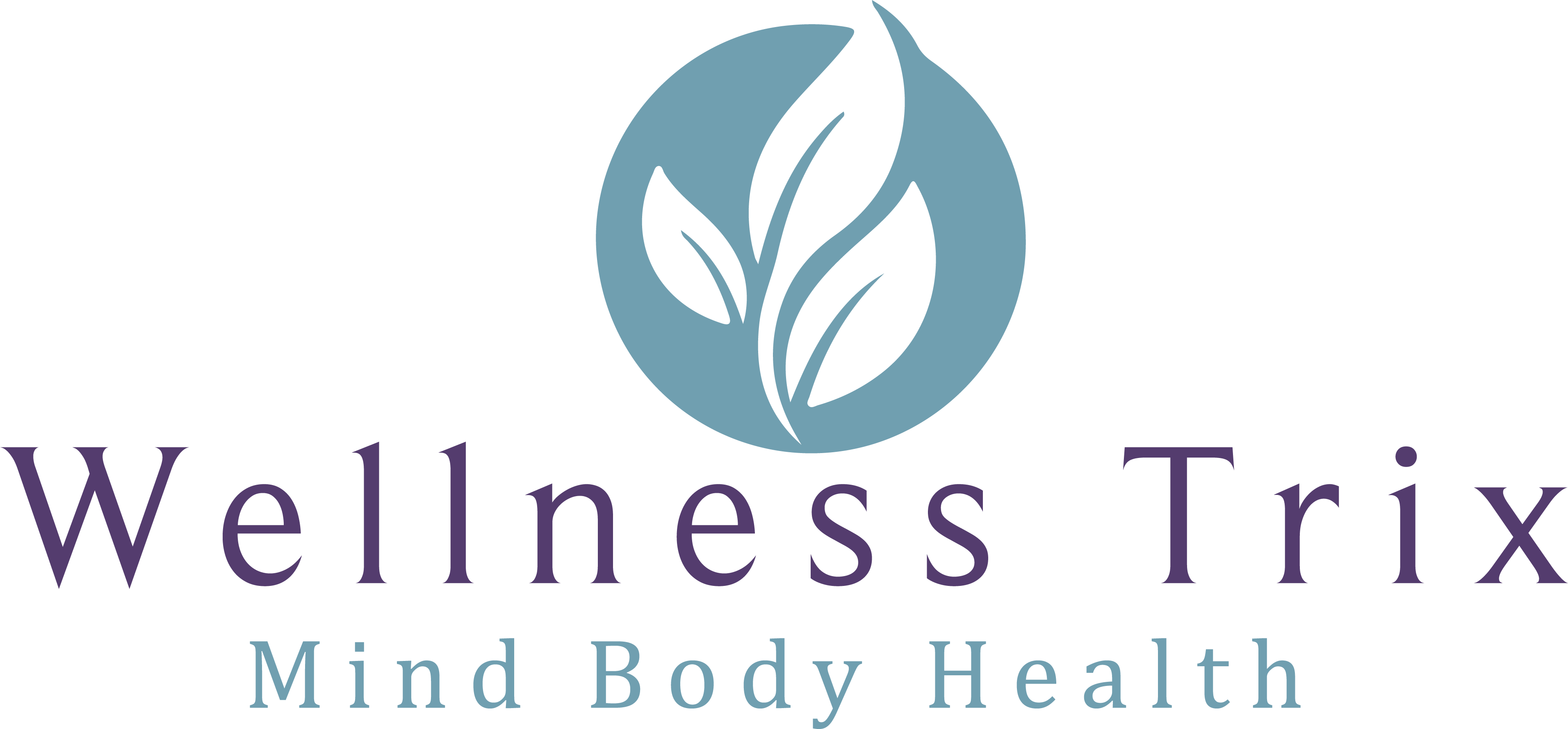There are two important words when it comes to your meals and nutrition: variety and planning!
But these words are even MORE important if you eat a plant-based (aka vegan) diet.
That’s why today I’m going to lay out a few basic tips to help you get more out of the plant-based protein you eat.
Because when you eat a plant-based diet …
Not only do you have to make sure you eat foods that add up to enough protein for your needs (along with vitamin B12, iron, omega-3 fatty acids, and other micronutrients hard to find in plant foods) …
You have to add a little extra because most plant proteins aren’t as easy for your body to use.
This is because most plant proteins are “incomplete.” This means they don’t have all the essential amino acids to form a complete protein for your body to use.
Here are a few strategies to help you maximize your protein intake when you’re eating a plant-based diet:
- Eat plant-based foods that ARE complete proteins.
The good news is that there are more of these available than ever at your grocery store.
Foods like:
- Ancient grains (quinoa and amaranth)
- Chia seeds
- Buckwheat
- Hemp products
- Non-GMO/organic soy products (tofu, edamame, tempeh)
Adding these to your rotation of foods can help boost your overall protein intake.
- Combine plant foods to form a complete protein.
When you pair two different incomplete protein sources, it can add up to a complete protein.
Incomplete protein sources include:
- Whole grains (rice, barley, etc.)
- Legumes
- Nuts & seeds
- Some vegetables (brussels sprouts, corn, asparagus, broccoli, etc.)
Many common dishes include incomplete proteins that work together. A few examples:
- Rice & beans
- Almond butter & whole grain bread
- Salad with quinoa & black beans
Dietitians used to recommend that every meal should include at least 2-3 incomplete protein sources …
but they now say that as long as you eat a variety during the day, you can meet your protein needs.
- What about plant-based protein powders?
There are dozens (maybe hundreds!) of different plant-based protein powders on the market.
While they may be high in protein, it’s important to remember they can also be highly processed and can contain sweeteners and other products that might not align with your health goals.
Be sure to read your ingredient labels and do your research.
Sometimes it just takes a few small tweaks to unlock incredible results!
REFERENCE: www.todaysdietitian.com/newarchives/021115p40.shtml www.healthline.com/nutrition/protein-for-vegans-vegetarians







About The Author: Tnackel@gmail.com
More posts by tnackel@gmail.com